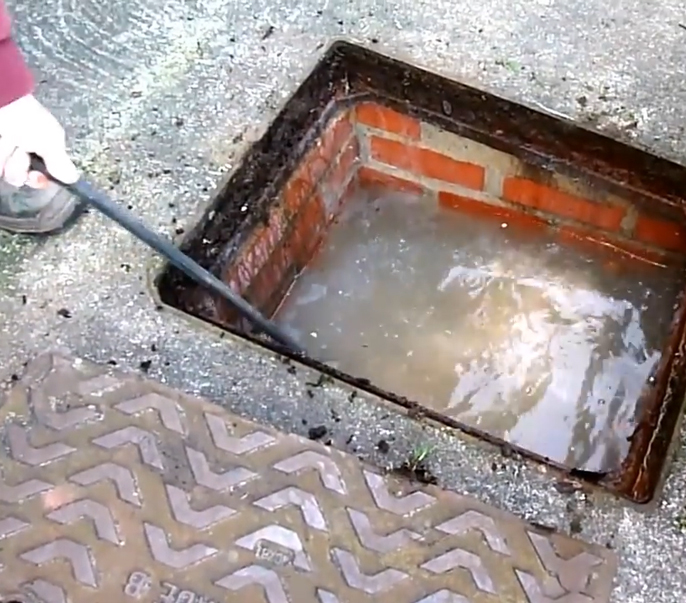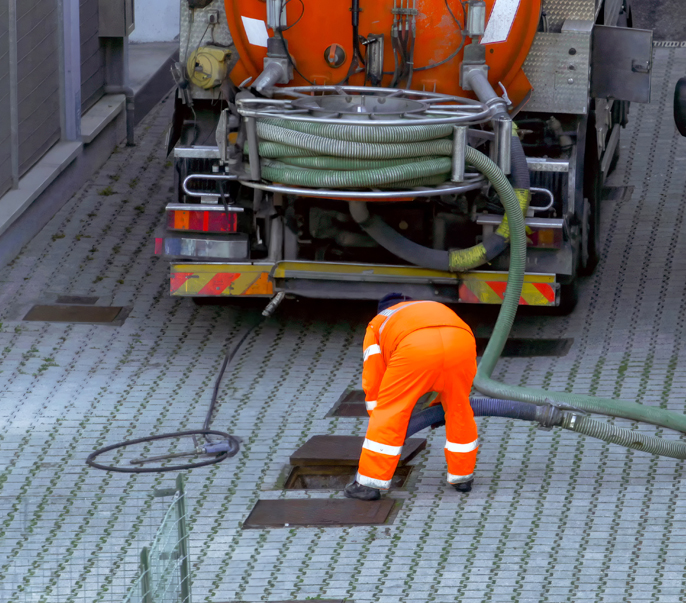Blocked drains can be a significant inconvenience, leading to potential damage and costly repairs. In Ireland, determining who is responsible for paying to clear a blocked drain depends on several factors, including the location of the blockage, the type of property, and the source of the blockage. Here's an overview of who typically bears the cost in different scenarios:
For most residential properties in the capital Dublin for example, homeowners are responsible for maintaining and repairing the drainage system within the boundaries of their property. This means if the blockage occurs within the pipes on your property, you are likely responsible for the cost of clearing it. Typical causes of blockages in private drains include the buildup of grease, foreign objects, tree root intrusion, and general wear and tear.
Homeowners Insurance: Some homeowners' insurance policies in Ireland may cover the cost of repairing damage caused by blocked drains, particularly if the blockage results in flooding or other damage to the home. However, this coverage can vary widely, and it's essential to check the specifics of your policy.
For rental properties, the responsibility for maintaining and repairing drains typically falls on the landlord, particularly if the blockage is due to normal use. With the price of rents now in Ireland the last thing we need are the expense of blocked drains. Landlords are generally required to ensure that the plumbing and drainage systems are in good working order. However, if a tenant causes a blockage through negligence or misuse (such as flushing inappropriate items down the toilet), the tenant may be held responsible for the cost of the repair.
Lease Agreements: Lease agreements should specify the responsibilities of both the landlord and the tenant regarding maintenance and repairs. Tenants should report any drainage issues promptly to avoid further complications and potential disputes over responsibility.
For shared drains or those located outside the boundaries of private property, responsibility can be more complex. Shared drains serve multiple properties and usually run through communal areas or public land before connecting to the main public sewer system.
Water Services Authorities: In Ireland, Irish Water is the national water utility responsible for public water and wastewater services. If a blockage occurs in a shared drain or a public sewer, Irish Water is typically responsible for clearing it. However, if the blockage occurs in a lateral drain (the section of the drain outside the property boundary but before it connects to the public sewer), responsibility may still lie with the property owner, especially if the property is not connected to a public sewer system.
For commercial properties, the responsibility for blocked drains usually lies with the business owner or the property owner, depending on the lease agreement. Commercial lease agreements often include specific clauses about maintenance and repairs, including who is responsible for dealing with blocked drains.
Insurance and Maintenance Plans: Commercial property owners and business operators should ensure they have adequate insurance coverage for drainage issues and consider regular maintenance plans to prevent blockages and minimize disruptions.
Regardless of who is responsible for paying, preventing blockages in the first place is always the best approach. Regular maintenance, proper disposal of waste, and avoiding flushing inappropriate items down drains can help prevent blockages. For larger properties or those prone to drainage issues, investing in professional drain inspections and cleaning can be cost-effective in the long run.

